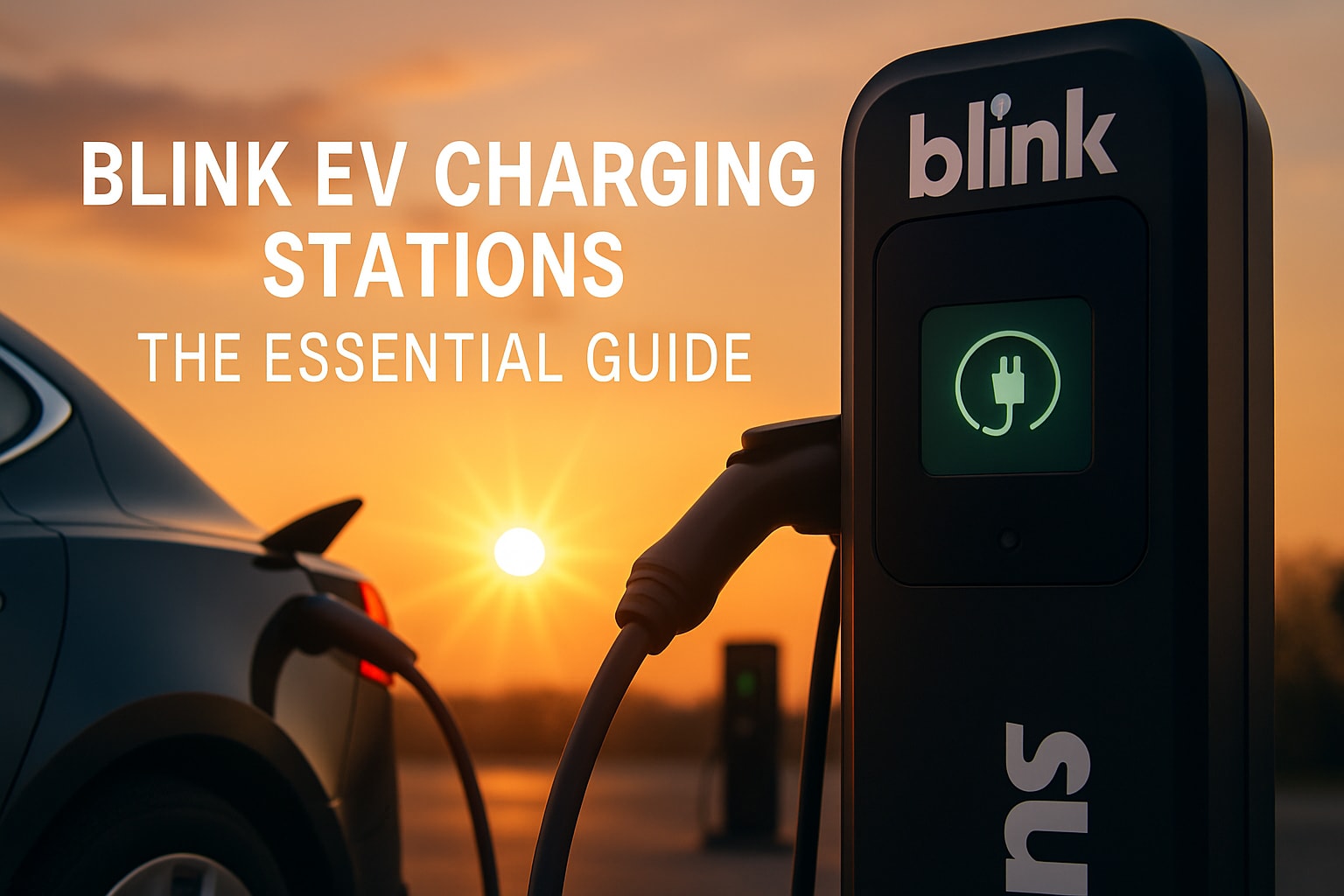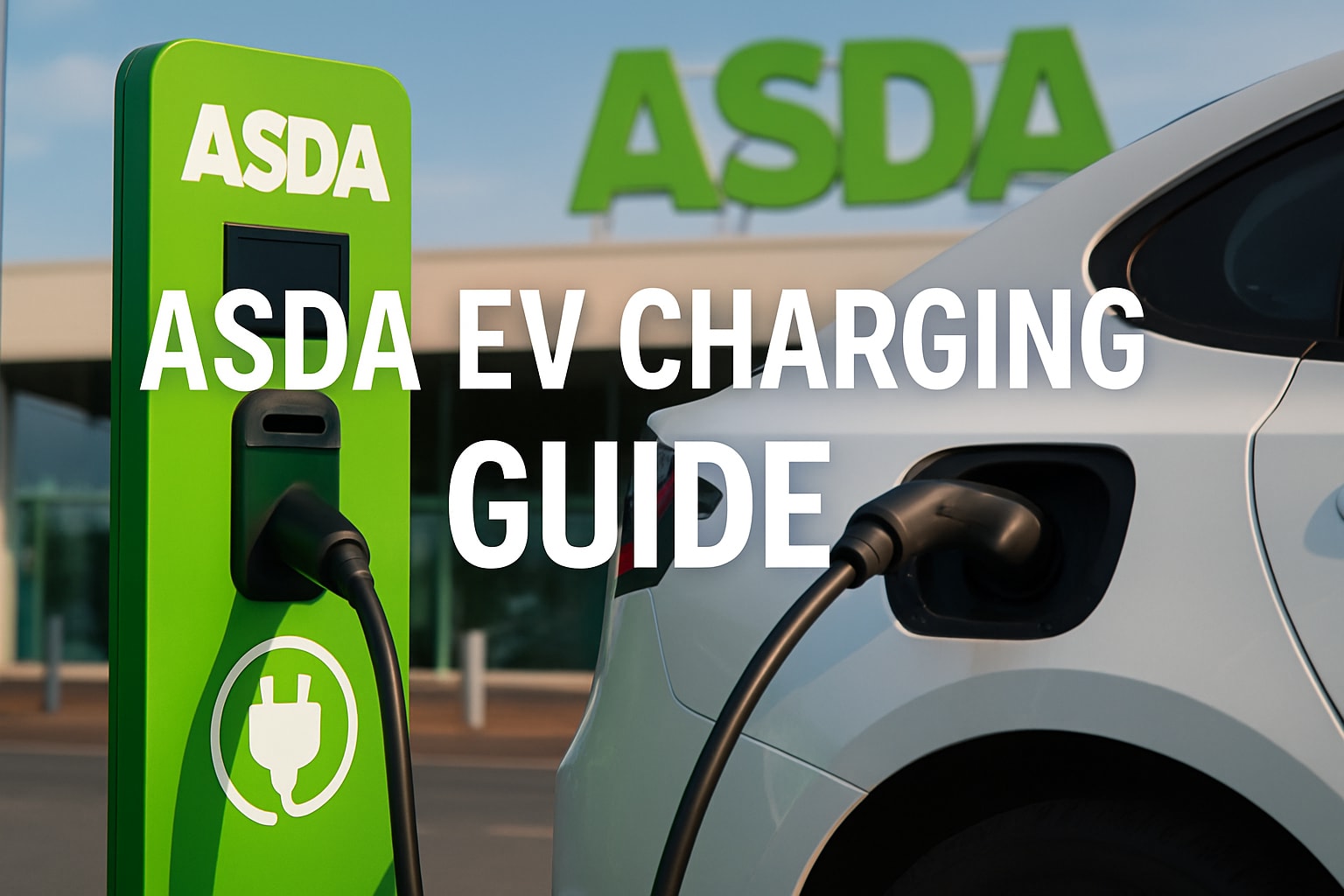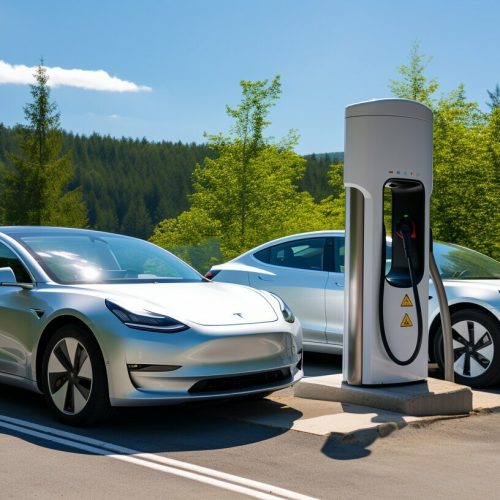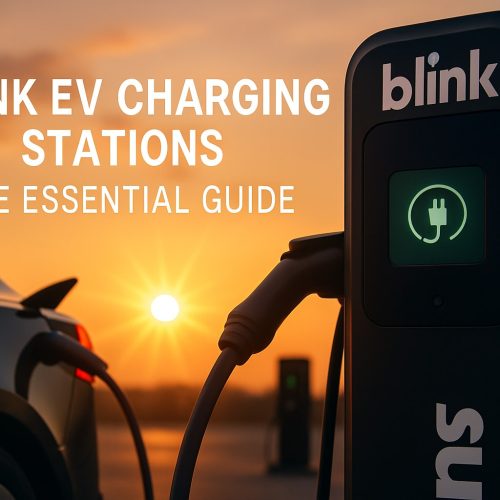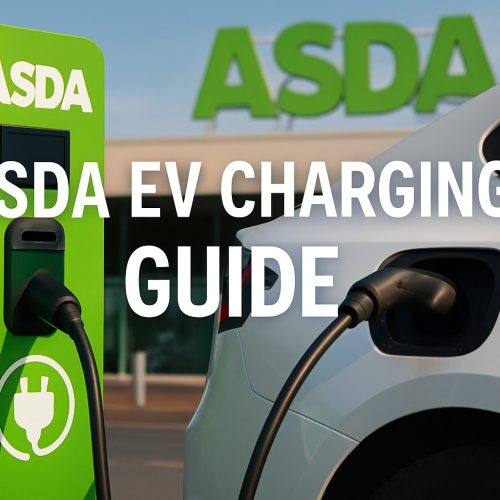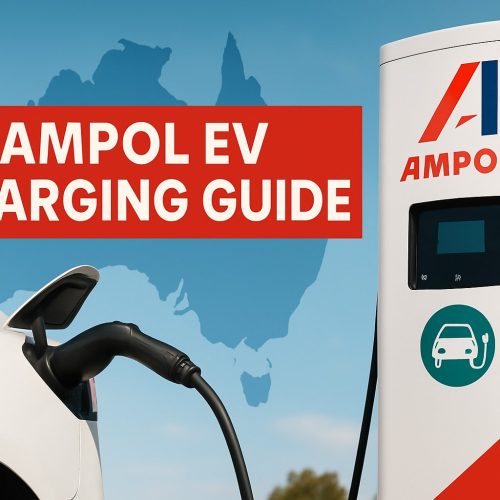Introduction
In today’s fast-paced world, electric vehicles (EVs) are not just a trend but a necessity for sustainable living. However, one of the most common concerns for EV owners is “range anxiety”—the fear of running out of battery power far from a charging station. This is where portable EV chargers come into play, offering a convenient solution to keep your vehicle charged and ready to go.
Portable EV chargers are gaining significant traction, especially in North America and Europe, as they provide a versatile and reliable charging option. These handy devices are revolutionizing the way we think about EV charging, making it more accessible and worry-free.
What is a Portable EV Charger?
A portable EV charger is essentially a compact, mobile charging unit that you can carry with you in your vehicle. Unlike traditional charging stations that are fixed and require a dedicated installation, portable chargers offer the flexibility to charge your electric vehicle wherever you find a compatible electrical outlet. One such example gaining attention is the J+ BOOSTER 2, a device that has been described as the “Swiss army knife of EV charging technology.”

How Does It Work?
Understanding the technical aspects of a portable EV charger is crucial for maximizing its benefits. These chargers can plug into various types of electrical outlets, ranging from 6-40 amp, 120 or 240 volt. The charging power can vary from 720 watts to 9.6 kilowatts, allowing a full charge to take anywhere from four to six hours, depending on your vehicle’s battery pack size. For instance, the J+ BOOSTER 2 can recharge a 50 kWh battery in about 26 hours at a 120 volts, 15 amp outlet, and in about four hours at a 240 volt, 50 amp outlet.
Versatility and Compatibility
The beauty of portable EV chargers lies in their versatility. These devices come with multiple adapter plugs, making them compatible with a wide range of electrical outlets. The J+ BOOSTER 2, for example, includes eight adapter plugs that meet the standards of the National Electrical Manufacturers Association (NEMA). Moreover, these chargers are designed to be compatible with virtually any electric vehicle, including popular brands like Tesla.
Safety Features
When it comes to electric vehicle charging, safety is paramount. Portable EV chargers are equipped with various safety features to ensure a secure charging experience. For example, the J+ BOOSTER 2 comes with temperature sensors installed directly at the plug pins to guard against socket outlets overheating. Additionally, the device is built with military-grade aluminum, making it “driveover-resistant” to wheel loads of up to 6,600 lbs. and operable in ambient temperatures ranging from -22°F to 122°F.
Use Cases
Portable EV chargers are incredibly versatile, suitable for a variety of scenarios. Whether you’re on a long road trip, at work, attending an event, or simply parked overnight at home, these chargers offer a convenient way to keep your vehicle charged. They are particularly useful when a dedicated charging station is out of reach or unavailable, as long as there’s access to a compatible electrical outlet.
Pricing and Availability
Investing in a portable EV charger is a wise decision for any electric vehicle owner. The J+ BOOSTER 2, for instance, is priced at $699, offering a blend of functionality and versatility. While the initial cost may seem steep, the convenience and peace of mind it provides make it a worthwhile investment.
Conclusion
Portable EV chargers are revolutionizing the electric vehicle industry by making charging more accessible and reducing range anxiety. With their versatility, safety features, and compatibility with a wide range of vehicles and electrical outlets, these devices are a must-have for any EV owner. If you’re looking to make your electric vehicle experience as seamless as possible, a portable EV charger is an investment you won’t regret.
FAQs
- What is a portable EV charger?
- A compact, mobile charging unit for electric vehicles.
- How long does it take to fully charge an EV with a portable charger?
- It varies depending on the charger and vehicle, but generally between four to 26 hours.
- Is it safe to use a portable EV charger?
- Yes, these devices come with multiple safety features to ensure secure charging.

